Think Bill Gates is a hero for the planet? Think again. While he’s out there championing tech solutions and cleaner energy, his personal habits and some shady investments tell a different story. Here’s how Bill Gates might be dropping the ball on the environment.
1. Carbon Footprint of Personal Lifestyle

Image Credit: Shutterstock / frank_peters
Bill Gates owns multiple large properties and travels frequently on private jets, which significantly contribute to carbon emissions compared to the average individual.
2. Investment in Fossil Fuels
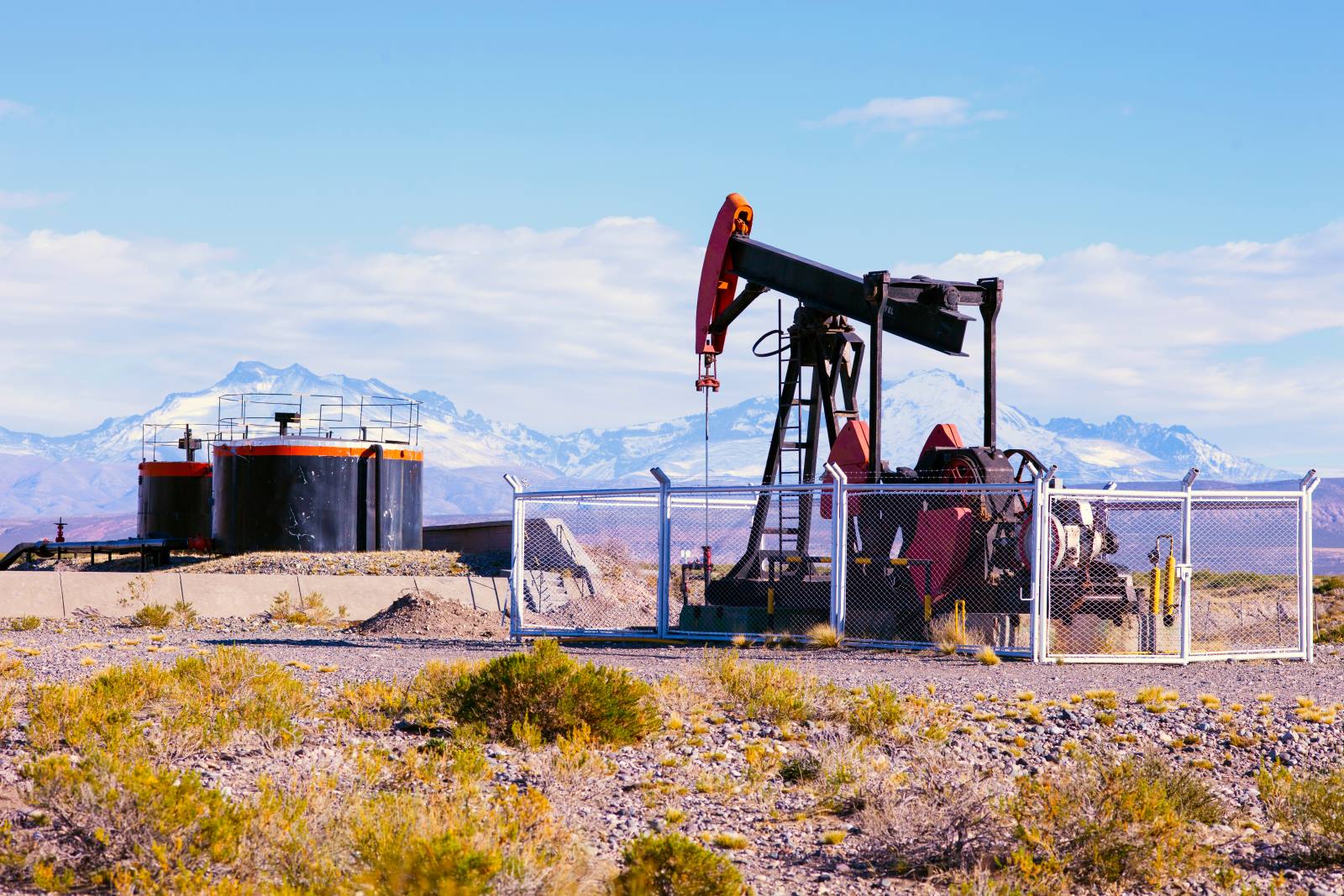
Image Credit: Shutterstock / Fast Speeds Imagery
Despite advocating for renewable energy, Gates has held substantial investments in fossil fuel companies, which contradicts his public stance on climate change.
3. Support for Geoengineering

Image Credit: Shutterstock / Apollo51x
Gates has funded geoengineering research, which some critics argue could have unpredictable and potentially harmful effects on the environment.
4. Nuclear Energy Advocacy
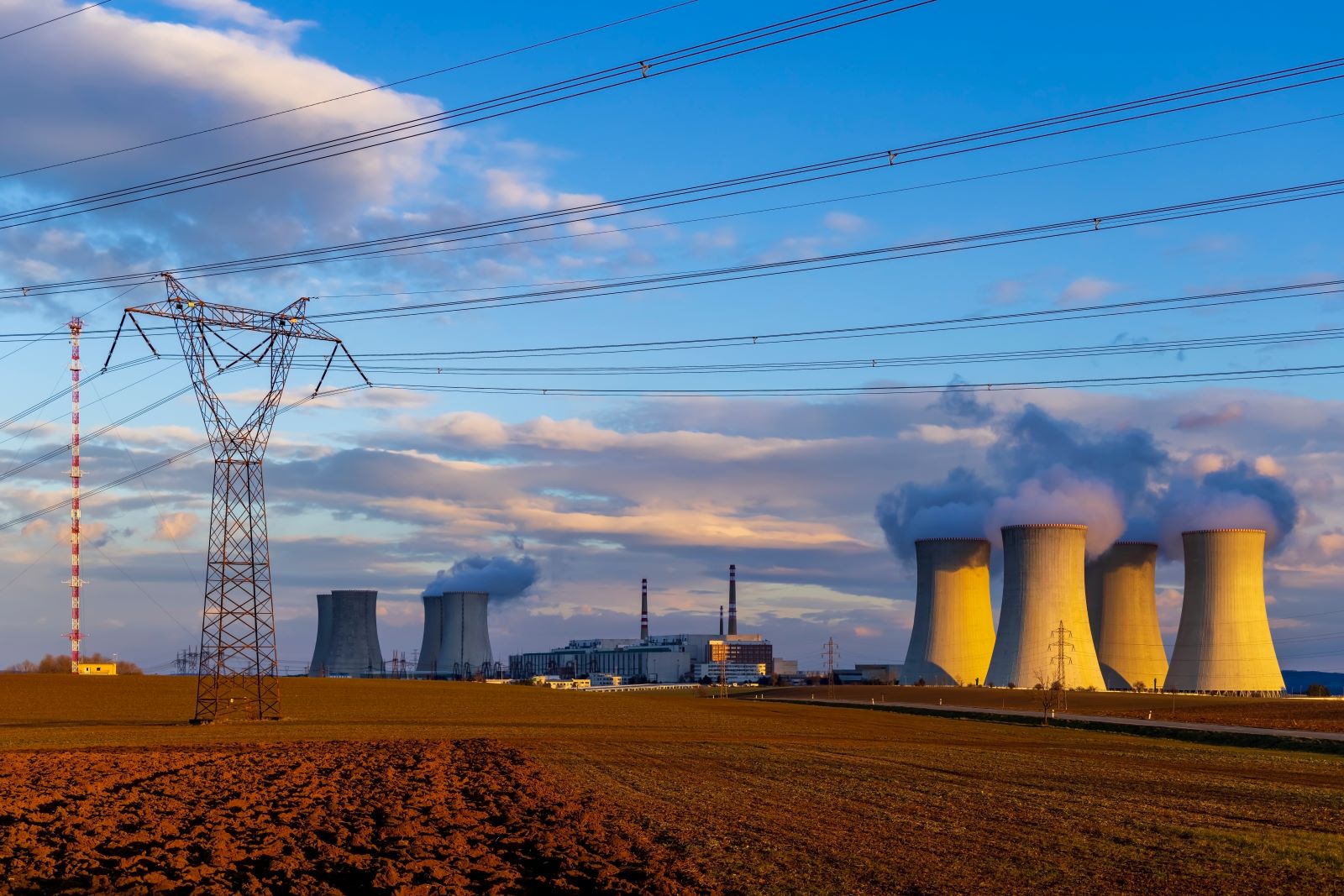
Image Credit: Shutterstock / Richard Semik
While nuclear energy is low-carbon, it comes with concerns about radioactive waste and environmental safety. Gates’ strong support for nuclear technologies overlooks these significant risks.
5. Agricultural Impact of the Gates Foundation

Image Credit: Shutterstock / JamesWM.foto
The Bill & Melinda Gates Foundation supports industrial agriculture practices that can lead to soil degradation, biodiversity loss, and increased greenhouse gas emissions.
6. Promotion of GMOs
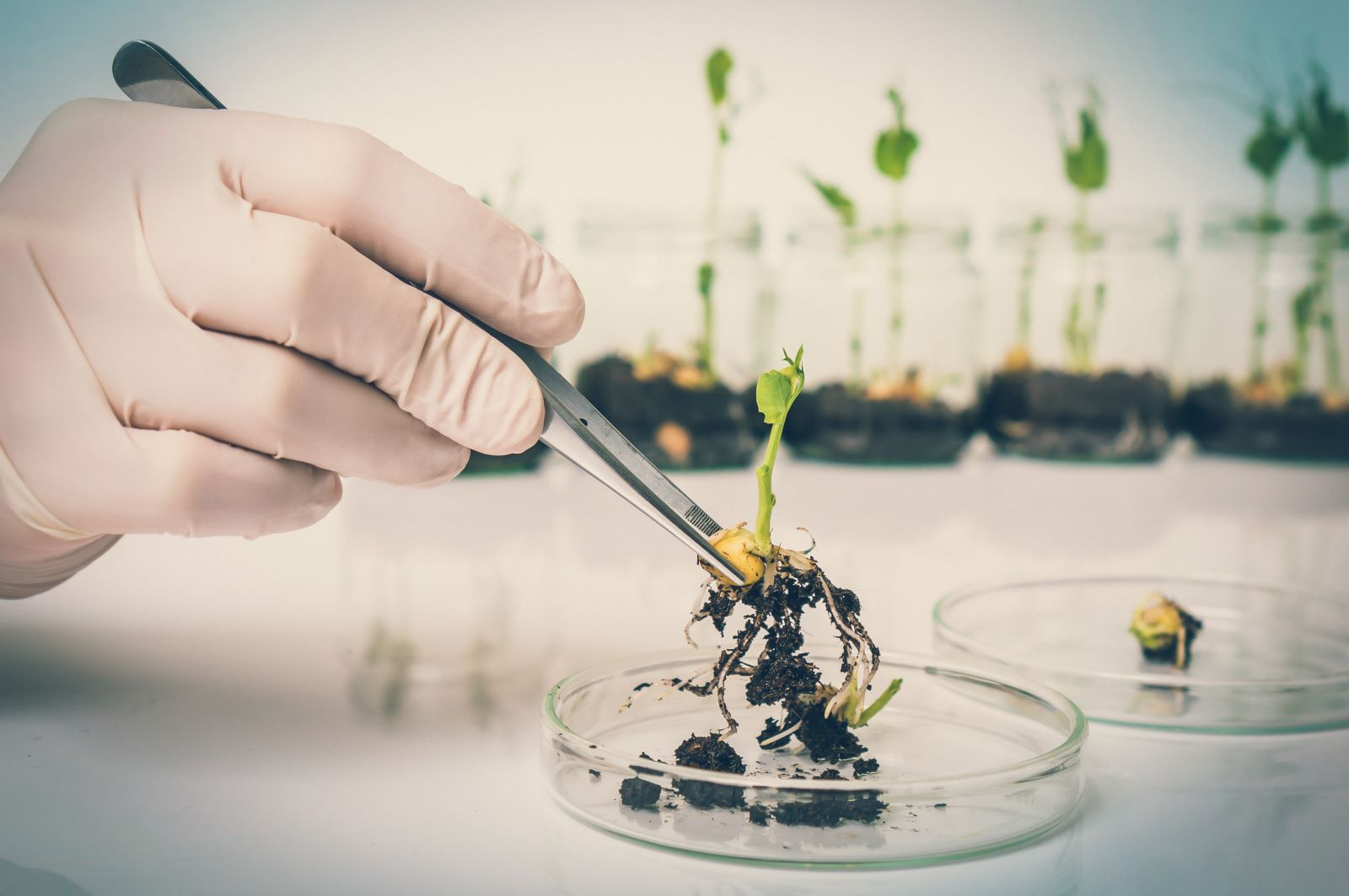
Image Credit: Shutterstock / andriano.cz
Gates’ endorsement of genetically modified organisms (GMOs) in agriculture is controversial. Critics argue that GMOs can harm natural ecosystems and reduce biodiversity.
7. Tech Waste
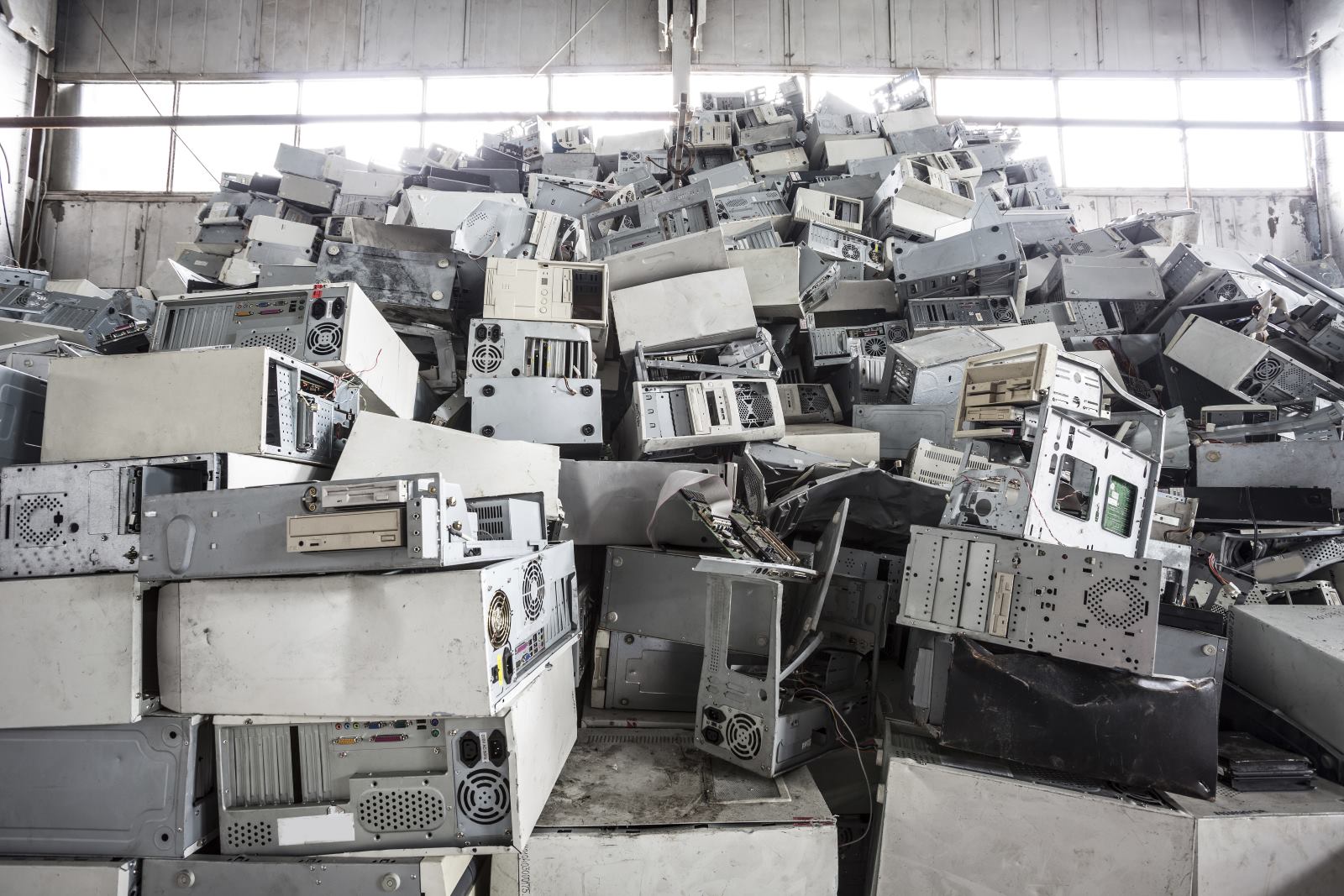
Image Credit: Shutterstock / Chistoprudov Dmitriy
Microsoft, co-founded by Gates, contributes to e-waste through its electronics products. While recycling initiatives exist, the lifecycle of tech products often ends in environmental degradation.
8. Water Usage
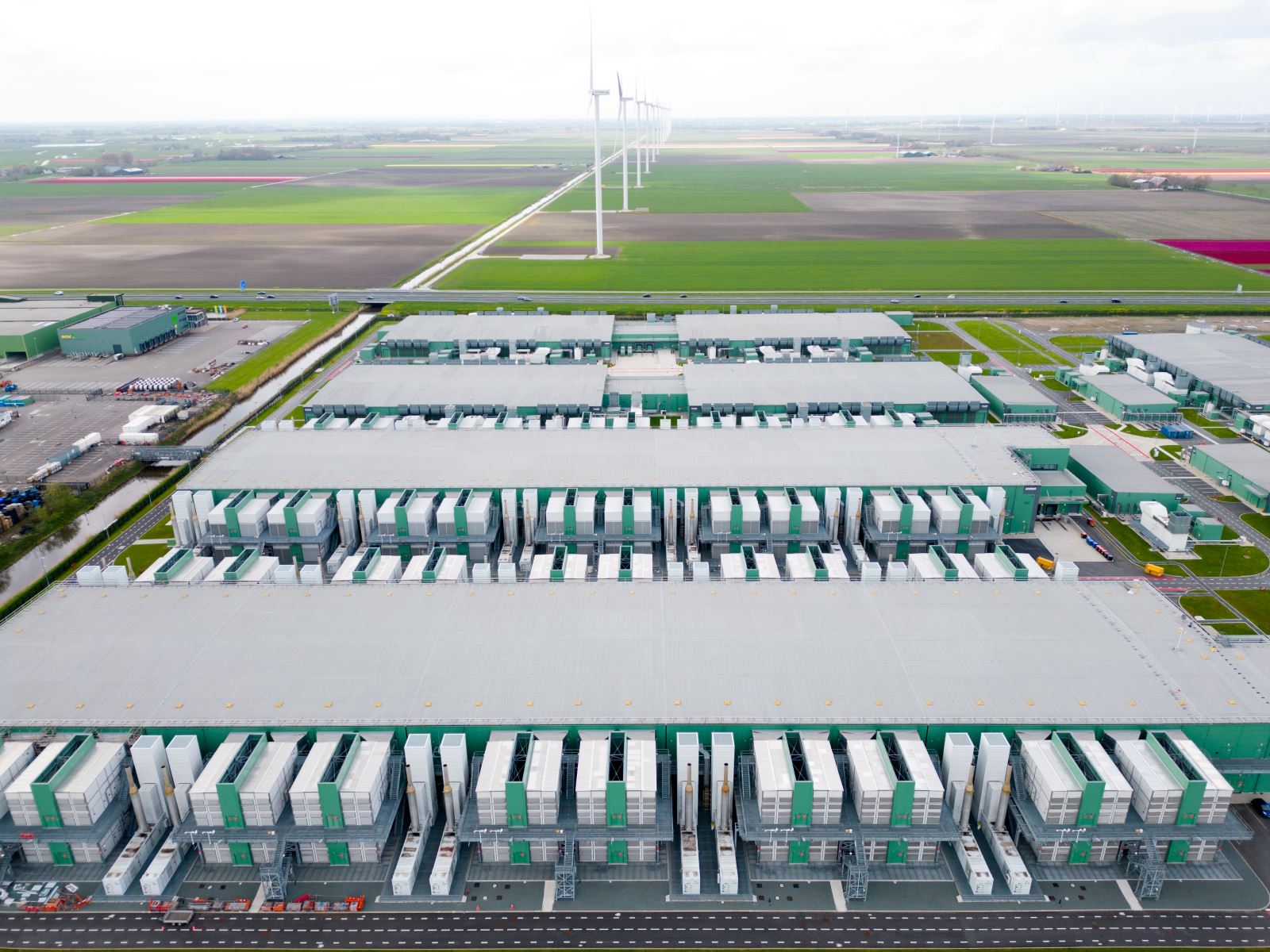
Image Credit: Shutterstock / corlaffra
The data centers required to support companies Gates has invested in, including Microsoft, consume vast amounts of water for cooling, which can strain local resources.
9. Large-Scale Battery Production
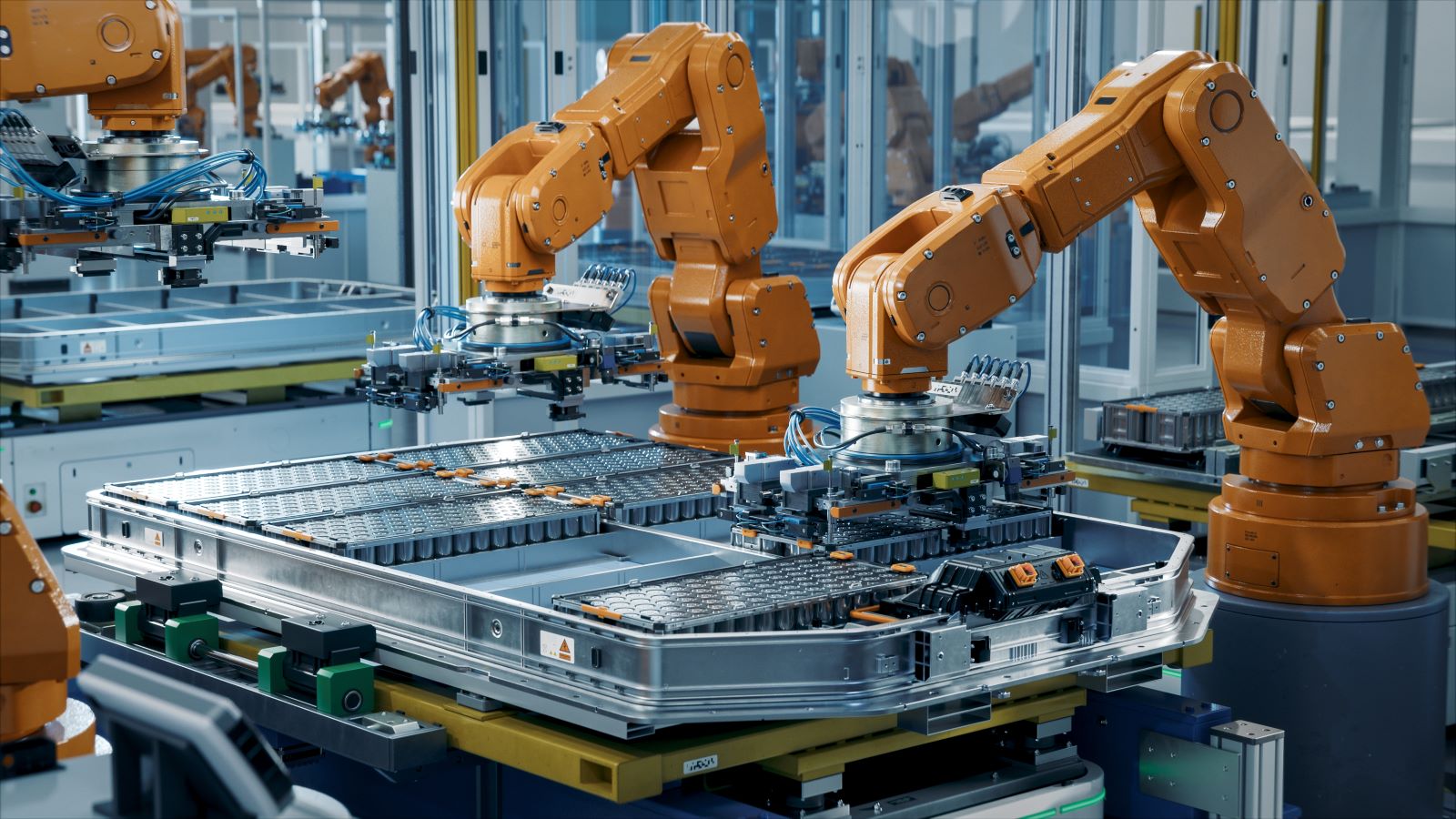
Image Credit: Shutterstock / IM Imagery
Investments in large-scale battery production for energy storage come with environmental costs in mining and production processes, which are often overlooked.
10. Influence on Public Policy

Image Credit: Shutterstock / photosince
Gates’ views and financial influence can sway public policy, potentially prioritizing certain technologies over more sustainable options.
11. Land Ownership
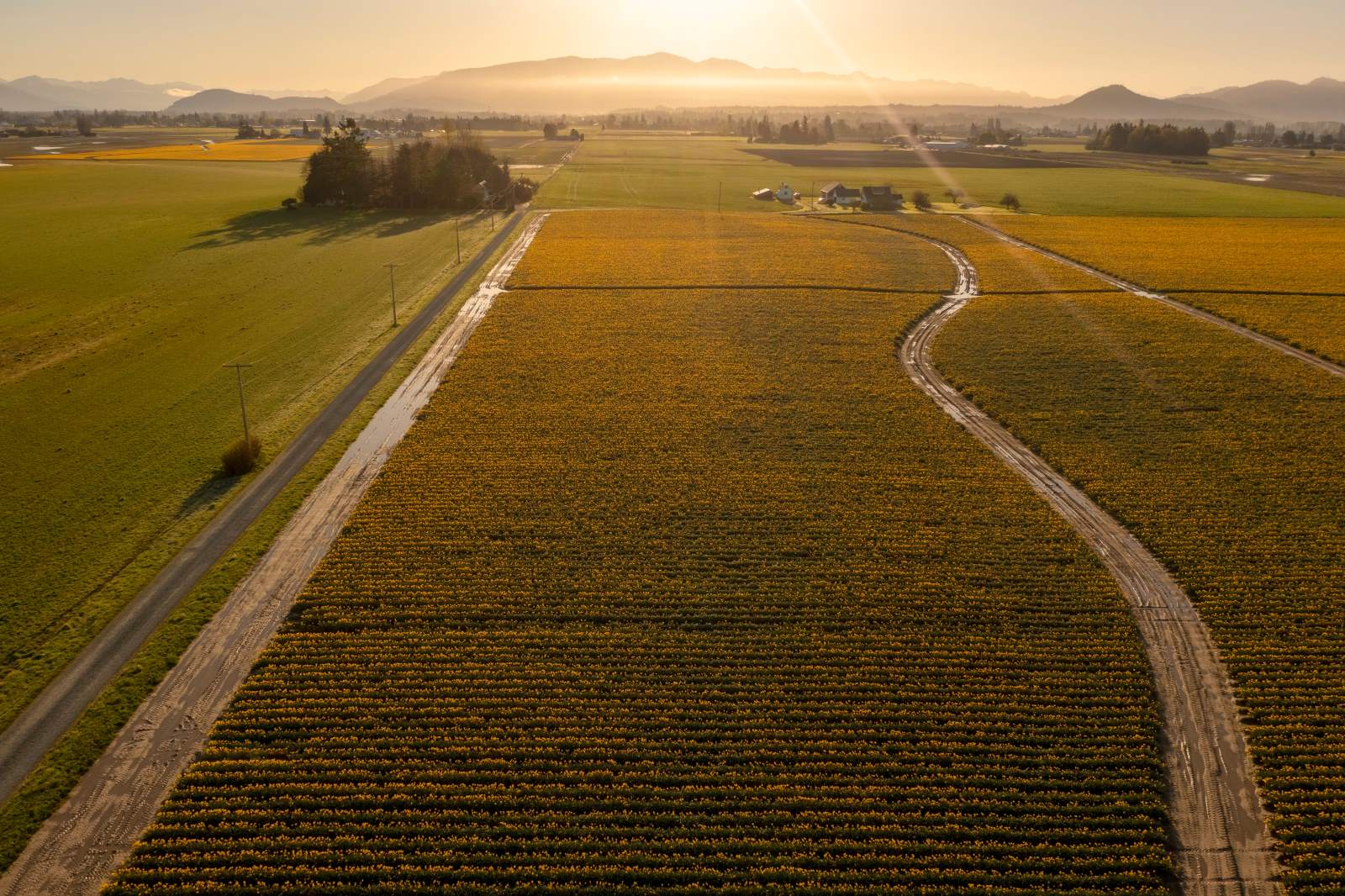
Image Credit: Shutterstock / Edmund Lowe Photography
Gates is one of the largest private owners of farmland in the United States, and the way this land is managed can have extensive environmental impacts.
12. Chemical Use in Agriculture

Image Credit: Shutterstock / Grigvovan
His foundation’s push for high-yield crop varieties often involves increased use of fertilizers and pesticides, which can contaminate water supplies and harm wildlife.
13. Reliance on Carbon Offsetting
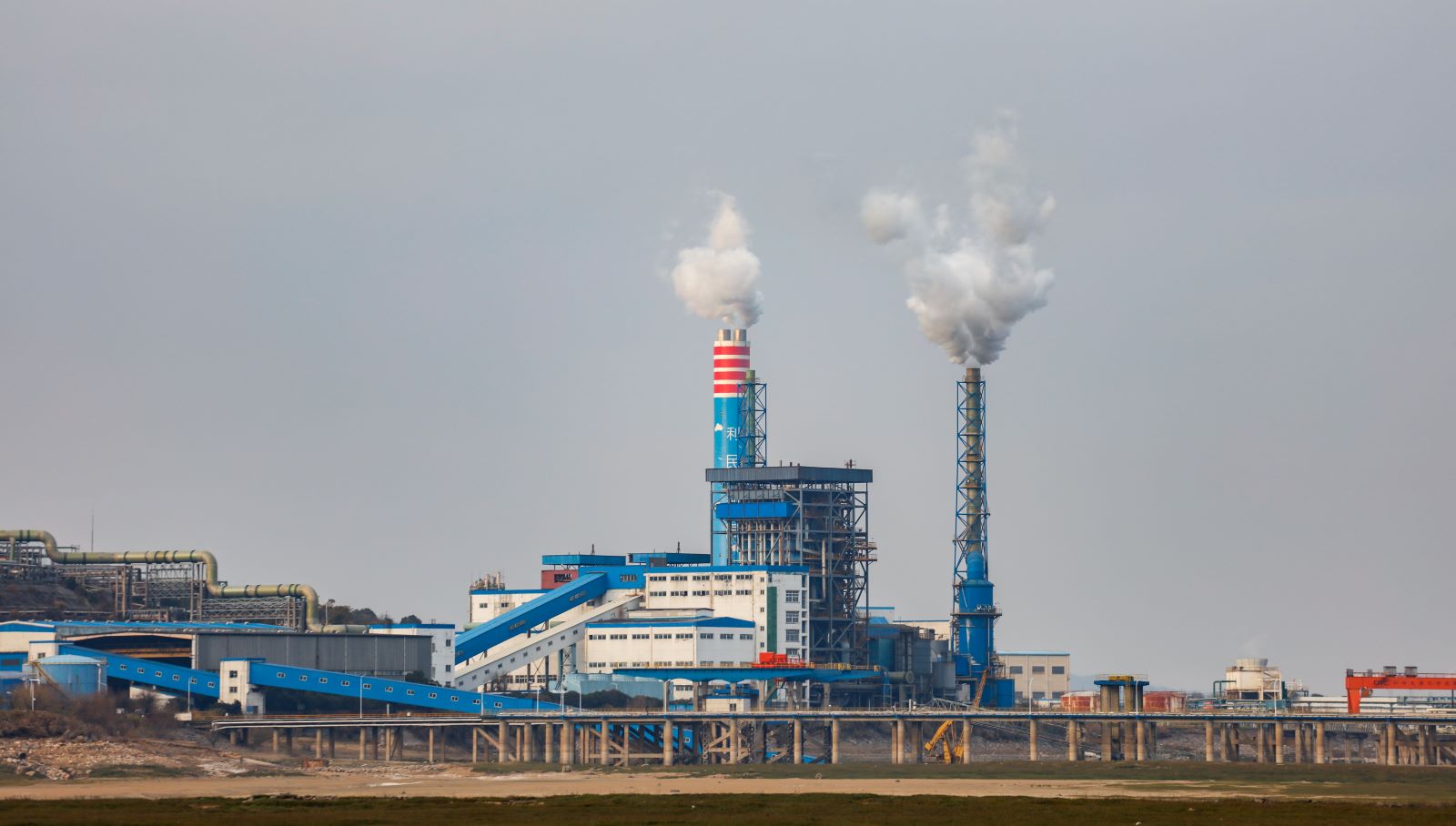
Image Credit: Shutterstock / humphery
Gates’ approach to solving his personal and professional carbon footprint through offsetting can be seen as insufficient, potentially diverting attention from reducing emissions outright.
14. Supporting Big Corporations

Image Credit: Shutterstock / Alexandros Michailidis
Some of Gates’ investments in large corporations are seen as supporting the status quo in energy and agriculture, rather than disruptive, greener technologies.
15. Displacement of Small Farmers

Image Credit: Shutterstock / sadecestock
The agricultural strategies promoted by his foundation can displace smallholder farmers, pushing them towards unsustainable agricultural practices.
16. Monoculture Practices

Image Credit: Shutterstock / oticki
The agricultural innovations supported by Gates often promote monocultures that diminish agricultural diversity and soil health.
17. Impact on Developing Countries

Image Credit: Shutterstock / ibragimova
Projects supported in developing countries sometimes prioritize technological solutions over traditional practices that might be more sustainable.
18. Overemphasis on Technology

Image Credit: Shutterstock / Alexandros Michailidis
Gates’ focus on technology as a solution can overshadow more natural, less invasive environmental practices and solutions.
Reality Check

Image Credit: Shutterstock / Gorgev
ell, there you have it. Bill Gates and the environment— while he’s made some strides, his overall impact leaves much to be desired. It’s high time we demand that leaders like Gates match their words with their actions.
Oil Dumping Scandal Rocks Ships Heading to New Orleans

Image Credit: Shutterstock / Aerial-motion
Two shipping companies have been fined after knowingly hiding a large oil spill in the Atlantic Ocean. Oil Dumping Scandal Rocks Ships Heading to New Orleans
20 Eye-Opening Realities Facing Retiring Baby Boomers

Image Credit: Shutterstock / Jack Frog
As Baby Boomers approach retirement, the promise of leisure and security often seems unattainable. This generation faces unique challenges that could redefine retirement. Here’s a stark look at the realities shaping their outlook. 20 Eye-Opening Realities Facing Retiring Baby Boomers
Retail Apocalypse: Massive Closures Sweep Across U.S. Brands

Image Credit: Shutterstock / Tada Images
Stores across the U.S. are closing at unprecedented levels, according to new research from advisory firm Coresight Research. Read on for more information about the impact this could have on you and your communities. Retail Apocalypse: Massive Closures Sweep Across U.S. Brands
Featured Image Credit: Shutterstock / Alexandros Michailidis .
For transparency, this content was partly developed with AI assistance and carefully curated by an experienced editor to be informative and ensure accuracy.


